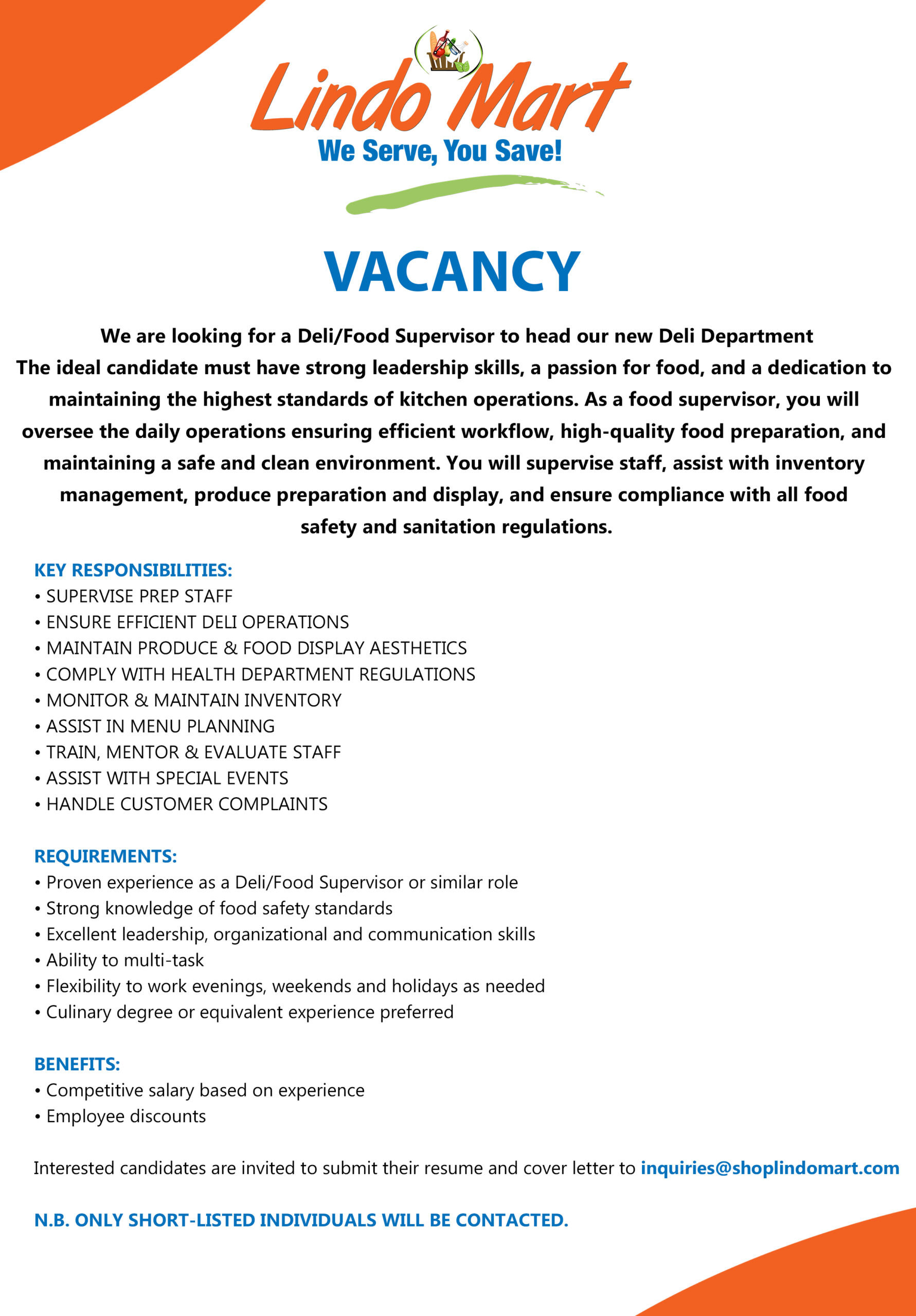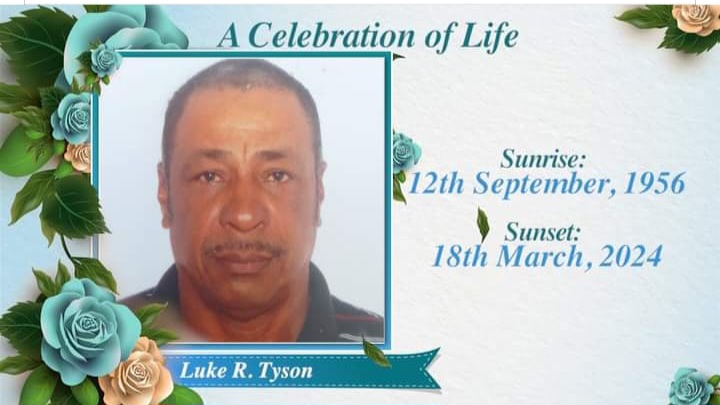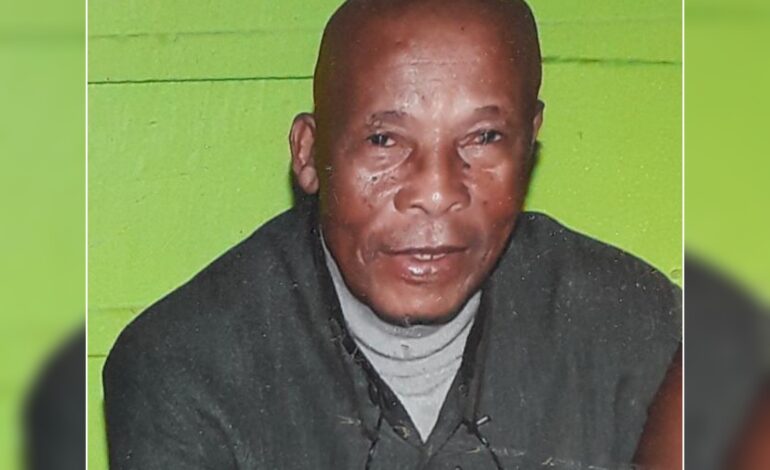
The five-day Joint Stock Assessment Workshop and Stakeholder Consultation for the Atlantic seabob shrimp fisheries of Guyana and Suriname, held in Guyana from 11-15 March 2024, ended with a renewed commitment. Technical experts from the Caribbean Regional Fisheries Mechanism (CRFM) Secretariat, the Continental Shelf Fisheries Working Group (CSWG), FISH4ACP, and private sector processors agreed to keep all hands on deck to steer the fisheries towards greater sustainability.
This recent stock assessment was critical for revealing stock trends and changes in relative abundance of the seabob, enabling the technical experts to provide management advice for both fisheries in Guyana and Suriname.
“You must admit that stock assessments are becoming increasingly important to assess the sustainability of the region’s fisheries. The approach used here—governments and the private sector working together—is one that we should follow across all CRFM Member States,” said Dr. Sandra Grant, Deputy Executive Director, CRFM Secretariat.
Stephen Hall – Fleet operations (and former captain) at Heiploeg Suriname N.V., who has been a seaman for 32 years, said: “The most important thing that I learned coming out of this meeting is that there is still work to be done.” He said that he plans to continue working with the Fisheries Department in Suriname to advance the scientific assessments. He noted that the workshop and stakeholder consultation helped to strengthen their capacity for future work.
Jude Jagroop – Director at Heiploeg Suriname N.V., who has been working in the sector for 31 years, explained that the operations of the company, which has approximately 200 workers, extends along the supply chain—from fishing to processing. He noted that the seabob catches have declined, but he believes that the stock is healthy, although the species distribution may have shifted to more inshore locations.
Jagroop said that the company has two representatives on the Suriname Seabob Working Group, and it sponsors all the costs incurred to deploy the vessels to collect data with the Fisheries Department. He added that the company also facilitates the accommodation of the Fisheries Department observers whenever needed. One of the critical improvements he cited is the need to enhance the efficiency of data capture through digitization.
Rob Banning, Project Development Manager, Parlevliet & Van der Plas, The Netherlands, highlighted the importance of certification from the Marine Stewardship Council (MSC). He said that MSC certification gives consumers extra confidence that when they buy fisheries products, they are coming from a sustainably managed resource. He added that the MSC certification labels are required for companies to sell their produce in Europe and the US, and without this certification, companies have very limited market access, and they have to sell at lower prices.

The Seabob Working Groups of Guyana and Suriname have been charged with leading the implementation of the outcomes and recommendations from the joint stock assessment workshop. Muriel Wirjodirjo, chair of the Suriname Seabob Working Group, said that they conduct a monthly review and analysis of the fisheries, consistent with the ecosystem, precautionary, and participatory approaches. The CRFM CSWG, which provides technical support to the national working groups, promotes the sustainable utilization of continental shelf resources and associated ecosystems through the review and analysis of fisheries and related data, to inform management strategies.








